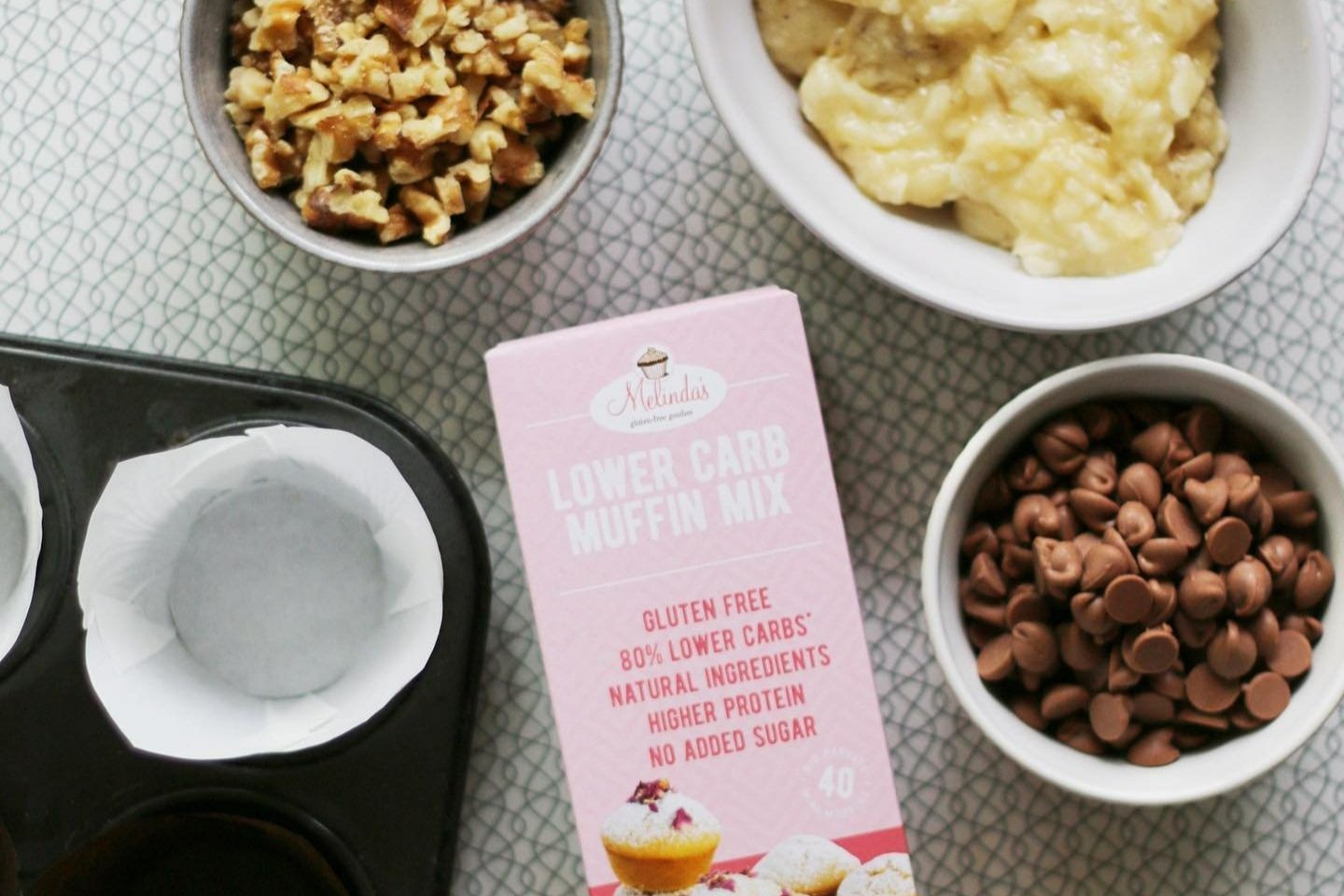
COELIAC AWARENSS MONTH
March 30, 2023
Coeliac disease is a chronic immune-mediated digestive disorder induced by exposure to dietary gluten in genetically susceptible individuals.
Characteristics include malabsorption and abnormal small intestine structure that reverts to normal on the removal of gluten from the diet.
Therapeutic Approach
Eliminate all sources of gluten (primarily wheat, rye, and barley). Read labels carefully for hidden sources of gluten.
Screen for nutrient deficiencies and replenish nutrients where indicated.
Promote digestive function and nutrient assimilation.
Support immune regulation.
Reduced levels of iron, folate, magnesium, zinc, calcium, vitamin B12 and vitamin D are common in untreated coeliac disease. These micronutrients can be found in the following foods.
Iron
Dietary iron is found in one of two forms in foods, heme and nonheme. Heme iron is mainly found in animal products, including meat, fish and poultry. Nonheme iron is primarily found in plant foods such as nuts, fruits, green leafy vegetables (e.g. spinach) and tofu.
Folate
Green leafy vegetables (spinach, kale, silverbeet), sprouts, mushrooms, Brussels sprouts, broccoli, asparagus, turnip, okra, beans (pinto, black, lima, kidney), lentils, fruits (strawberries, oranges), liver.
Magnesium
Found in various foods, including nuts, legumes, beans (navy, pinto, kidney), sunflower seeds, green leafy vegetables (spinach, kale, silverbeet), blackstrap molasses, wild rice, and black rice.
Zinc
The zinc content of foods varies widely. Good sources are red meats (especially organ meats), seafood (especially oysters) and poultry. Vegetables (leafy and root) represent good plant sources of zinc. Other sources include wild rice, black rice, legumes, nuts and seeds (sunflower seeds, pumpkin seeds).
Calcium
Food sources include salmon, sardines (with bones), clams and oysters. Calcium can also be found in broccoli, cauliflower, kale, legumes, tofu, nuts, and beans (kidney, pinto, navy beans).
Vitamin B12
Dietary sources of vitamin B12 come primarily from animal products. Good sources are beef steak, poultry, fish (cod, salmon, shellfish, clams, sardines, herring, oysters), and eggs.
Vitamin D
Food sources include cod, herring, tuna, salmon, sardines, and shiitake mushrooms.
By Nicole - MO Rocklea Naturopath & Nutritionist
Back to MO Blog page

